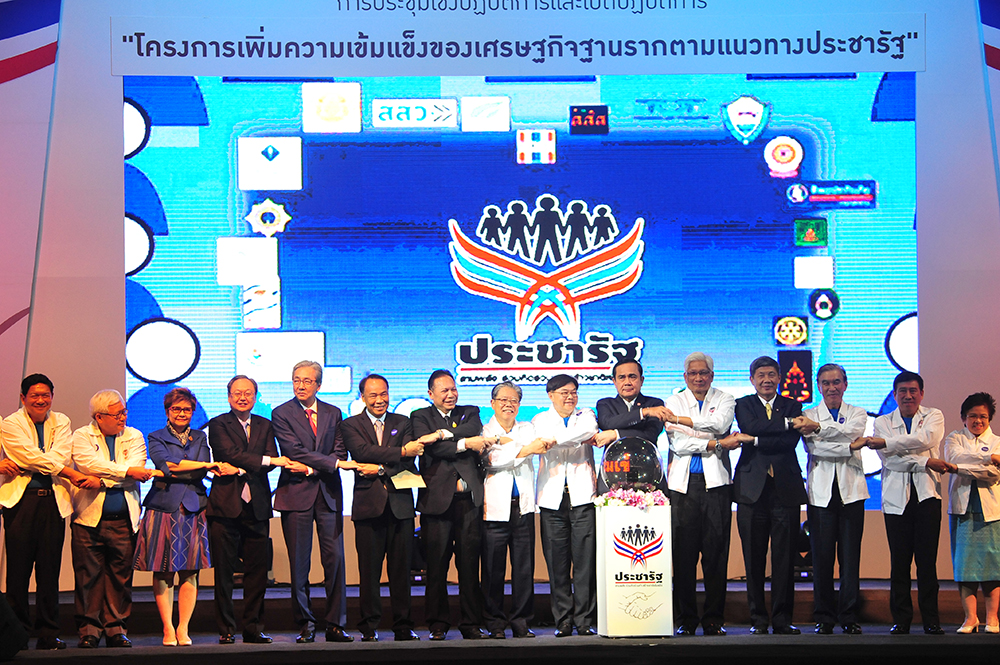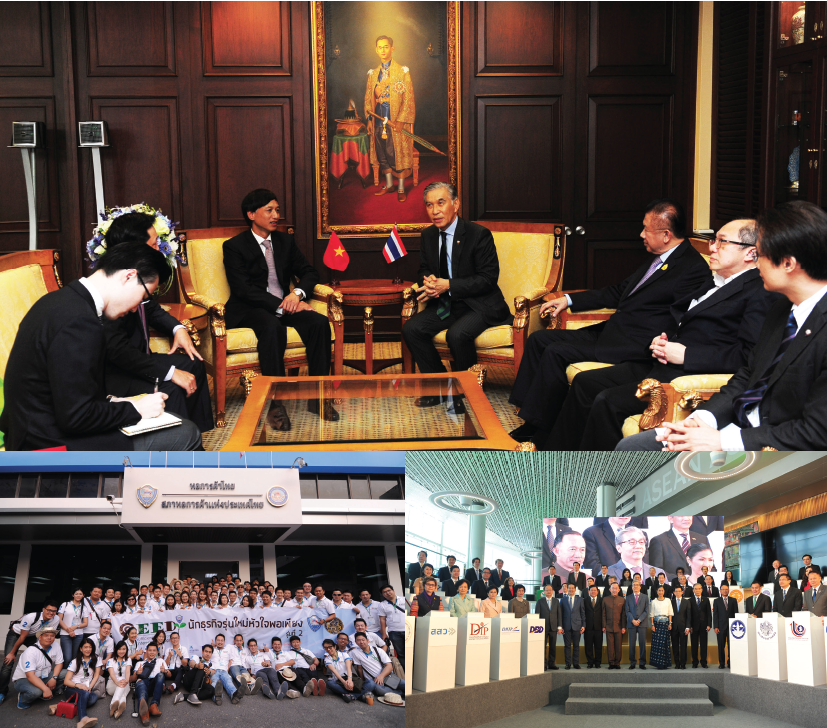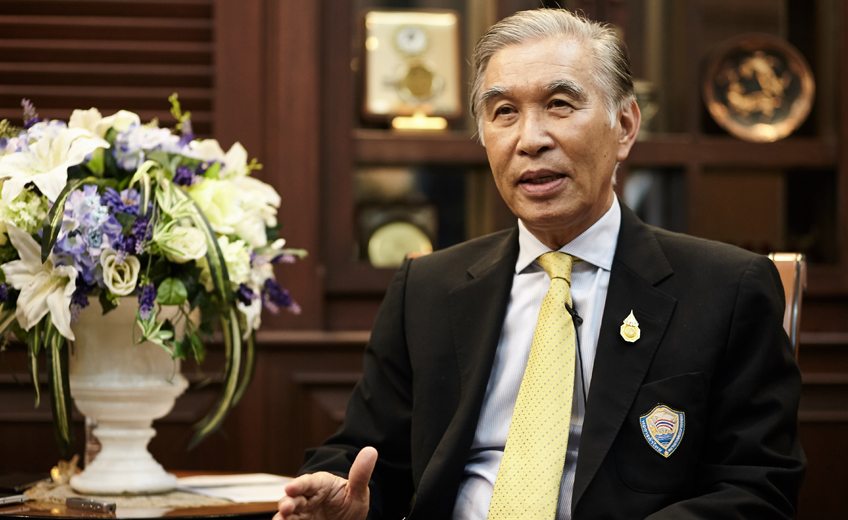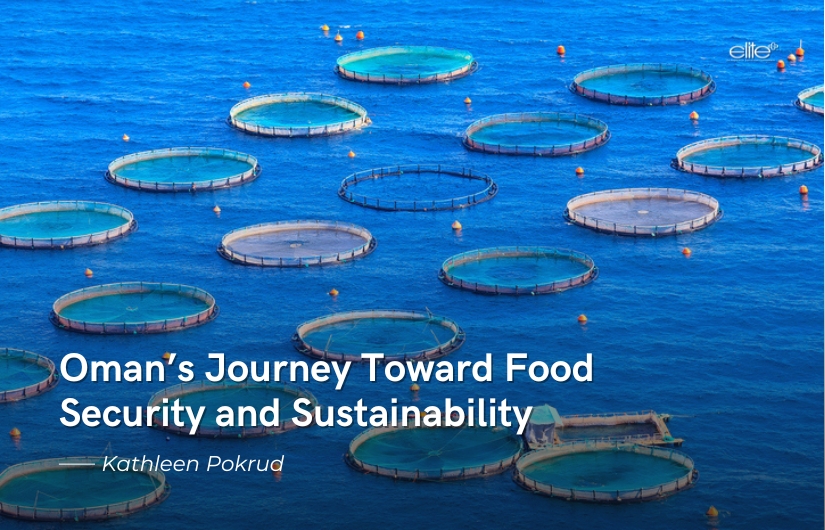Now 68 years old, Isara Vongkusolkit, chairman of Mitr Phol Sugar Corp Ltd, the leading sugar producer in the country and exporter in Asia, has had a busy career. Considering his ubiquity in the news, one may wonder how Mr Isara finds the time to meet all of his responsibilities.
After the 2014 coup d’etat, the National Council for Peace and Order invited him to sit in the National Legislative Assembly. Later Prime Minister Prayut Chan-o-cha gave him the important task of sitting on the Public-Private Collaboration Committee, or “Pracha Rath”, to help realize Thailand 4.0 – a policy to upgrade the Thai economy and competitiveness through digital technology and innovation. He is also part of the Pracha Rath team responsible for modernizing agriculture.
If those challenges were not enough, Mr Isara has been the elected chairman of the Thai Chamber of Commerce (TCC) and Board of Trade of Thailand (BOT) since March 2013.
Mr Isara takes his duties at the TCC seriously, and has been an active member for a number of years, sitting on the agricultural sector committee, helping to inject new innovation and introduce concepts such as good governance and corporate social responsibility into the mindset of member companies.
He sat down with Elite+ for an exclusive interview to discuss his vision for a modern economy. “The TCC is not a trade body that focuses solely on negotiating with the government,” Mr Isara said. “The institute has a duty to collaborate with the government and provide solutions to society in terms of economic development.” The TCC is part of the Board of Trade of Thailand, a non-profit trade organization with 87,483 member companies. The BOT has connected trade bodies that include the TCC, 76 provincial chambers of commerce, the Trade Association and Foreign Chamber of Commerce (FCC).
These trade organizations play a crucial role in fostering investment and trade activity, such as by giving information on investment regulations to investors and networking with other businesses. The FCC, for example, has helped investors from small foreign countries access and do business in Thailand.
Mr Isara said the TCC vision is “competitiveness enhancement, connectivity and collaboration, and good governance and corporate social responsibility”, and it runs projects to realize this. For example, it has organized seminars in Bangkok and at the provincial level with provincial chambers of commerce on technological innovation.
The private sector also joins forces with the government’s Pracha Rath’s campaign to create modern farm plots in 43 areas in 30 provinces.
Another aspect that the TCC tries to promote is corporate social responsibility, the concept that companies should use profits to benefit society and help the community.
Mr Isara has been lauded for his community support projects and Mitr Phol’s campaigns to help sugar cane farmers. For example, the company signed an agreement to purchase sugar cane from farmers. The company tried to introduce new technology and training for sugar production. Mr Isara has been cooperating with the Thai Health Foundation to create a programme that helps people with disabilities get jobs in
companies.

“I believe in a strong community,” said Mr Isara, who grew up in Ratchaburi Province. “Over 40 years ago, the community was very strong because villagers needed help guarding against thieves. It was necessary to live in a strong community.”
Mr Isara often speaks with pride of his humble origins. His parents migrated from mainland China and settled in Amphor Ban Poeng District in Ratchaburi. Like many migrants, his parents started from zero, working as farmers. Mr Isara has six siblings, born when the family’s sugar business was picking up and making a profit. He was sent to study at the University of North Carolina, and returned to work in the family business, working on the farm and in the factory to learn the reality on the ground. He became an executive at Mitr Phol in 1988 and diversified the sugar factory into a company using innovation to add value to sugar, such as developing high-grade syrups or turning sugar cane materials and waste into energy.
“I believe that businessmen must have inspiration,” he said. His inspiration is to compete with foreign countries and strive for excellence, and he has often spoken to the media that his philosophy in work and in life is “striving for excellence, believing in the value of human dignity, standing tall in fairness and being responsible for society”.
As a senior executive, his passion is for grooming a new generation of Thai businessmen. “It is about time for Thailand to see a new generation stand at the fore. The country has been mired in a culture of seniority for too long. The problem is that senior executives are reluctant to step aside.”
Since 2013, the TCC has initiated a programme to build the capacity of new and young entrepreneurs. At Mitr Phol he launched a campaign to encourage the children of sugar cane farmers to continue farming instead of seeking work elsewhere. The campaign included introductions to technology and better conditions to draw the younger generation back to farming.
He also has faith in the capacity of Thai businessmen. “Our local businessmen are as competitive and capable as any foreign investors. But what Thai entrepreneurs lack is an adventurer’s spirit, to inspire them to travel abroad and find new business opportunities. Thai businessmen tend to wait for others to find and create markets for them. They love to stay at home, doing business in the country instead of visiting foreign countries to look for opportunities. That adherence to the comfort zone must change. Because if we do not explore new markets in foreign countries, foreign countries will come into our market.”
He believes ASEAN is a good opportunity for Thai companies to expand, especially into CLMV countries – Cambodia, Laos, Myanmar and Vietnam.
Thailand, he said, should be choosier and select only foreign investment that truly benefits the country. “Sometimes we need to look into the losses and gains of foreign investment in Thailand. We need to be open to foreign investment that uses local raw materials and transfers technology to the country.”
Thailand faces many challenges, he said. The economy is rather bearish, partly because of global economic problems but also from the lack of skilled labour and innovation to help the country progress faster than countries with cheap labour.
For Mr Isara, the lack of innovation and technology affects income disparity and social equality. The country is an agrarian society with a large proportion working in the farming sector. If farm products sell poorly, overall household income suffers.
According to the Bank of Thailand last year, 32% of the total labour force are farmers, yet the portion of GDP generated by farming accounts for only 9%. This is the result of a lack of innovation and creativity to add value to farm products. Countries with creativity and innovation such as France manage to turn raw farm products into pricier goods such as cosmetics, medicines or high-end food ingredients. But that is not the case of Thailand, where farm exports are sold as cheap raw materials.
But the country’s economy will change. Mr Isara believes the Thailand 4.0 policy is the right path and will help lead the country into the future. “The 4.0 version is about developing our existing capacity by using new innovation and technology, especially digital technology and online marketing, to operate and develop business.”
Thailand 4.0 also includes the grassroots. “Farmers can modernize under the Thailand 4.0 concept,” said Mr Isara. “We are talking about using innovation to develop farm products into health care products, medicine, cosmetics. We are talking about farmers who use online technology for marketing products or logistics work. Farmers under Thailand 4.0 might use drones to monitor soil or use technology for 15 • Elite+ Magazine • www.eliteplusmagazine.com precision farming. Technology and innovation will help them reduce the costs of developing products.”
Mr Isara believes the country’s economic policy, including Thailand 4.0 and the Pracha Rath campaign, will help lead the country in the right direction.
The Thai government is starting to prepare the country for a digital society, promoting Chiang Mai as a digital city and Phuket as a smart city. Moreover there are new economic corridors and special economic zones, such as the Eastern Seaboard Economic Corridor that includes Rayong. The Pracha Rath project introduces innovation to farmers.
“Thai businessmen need to embrace technology and innovation. They must change to survive and get ahead in the game.”

































































































































































































































































































































































































































































































































































































































































































































































































































































































































